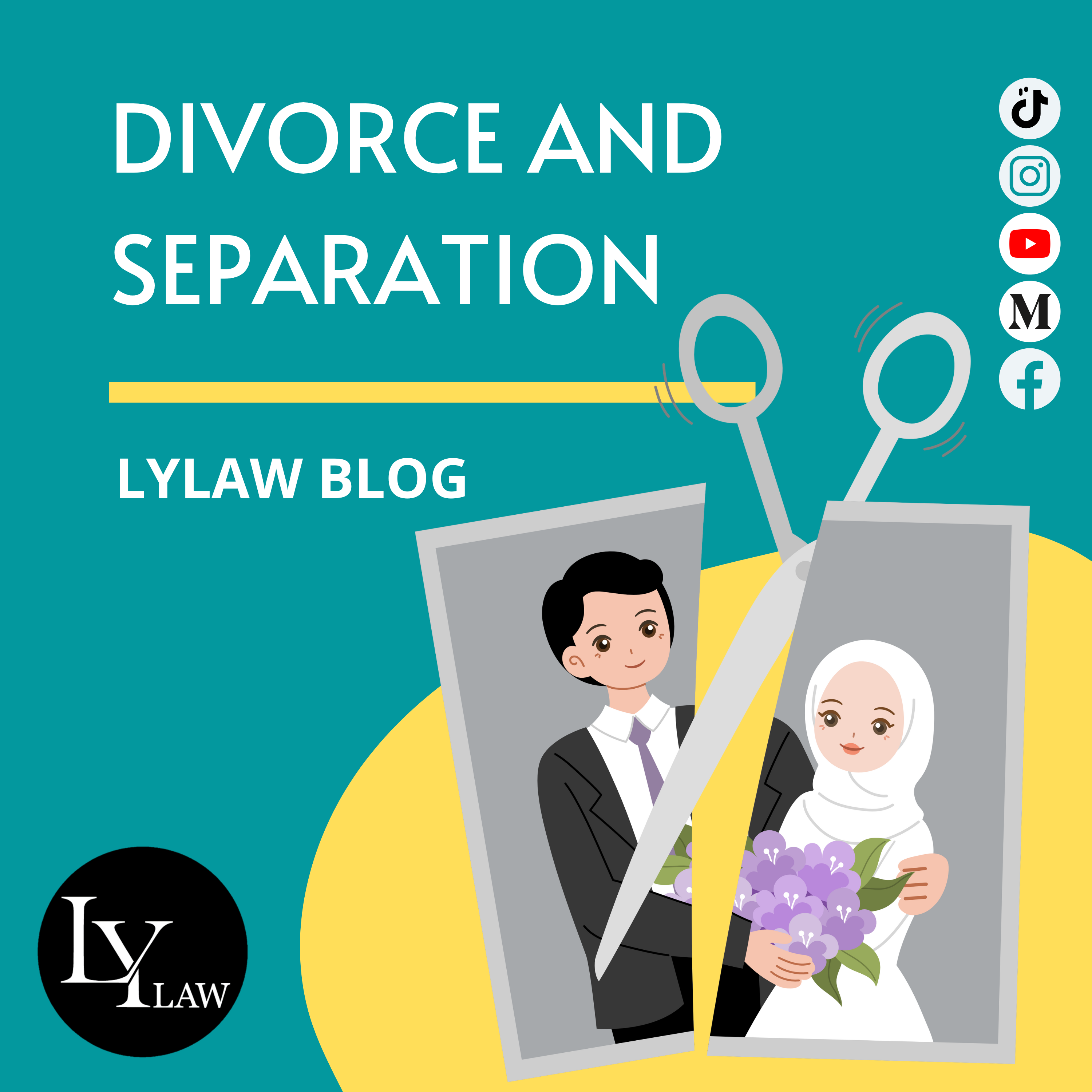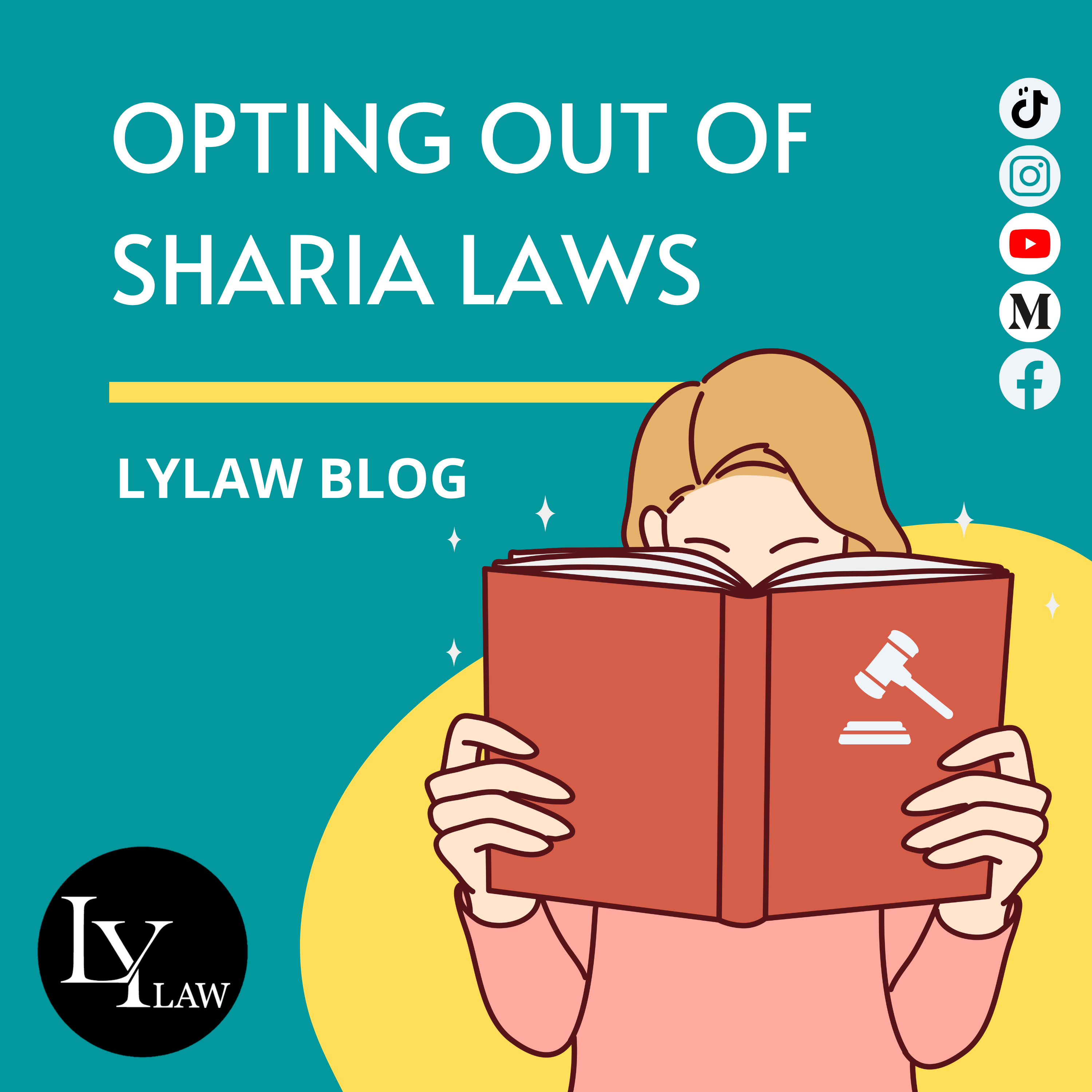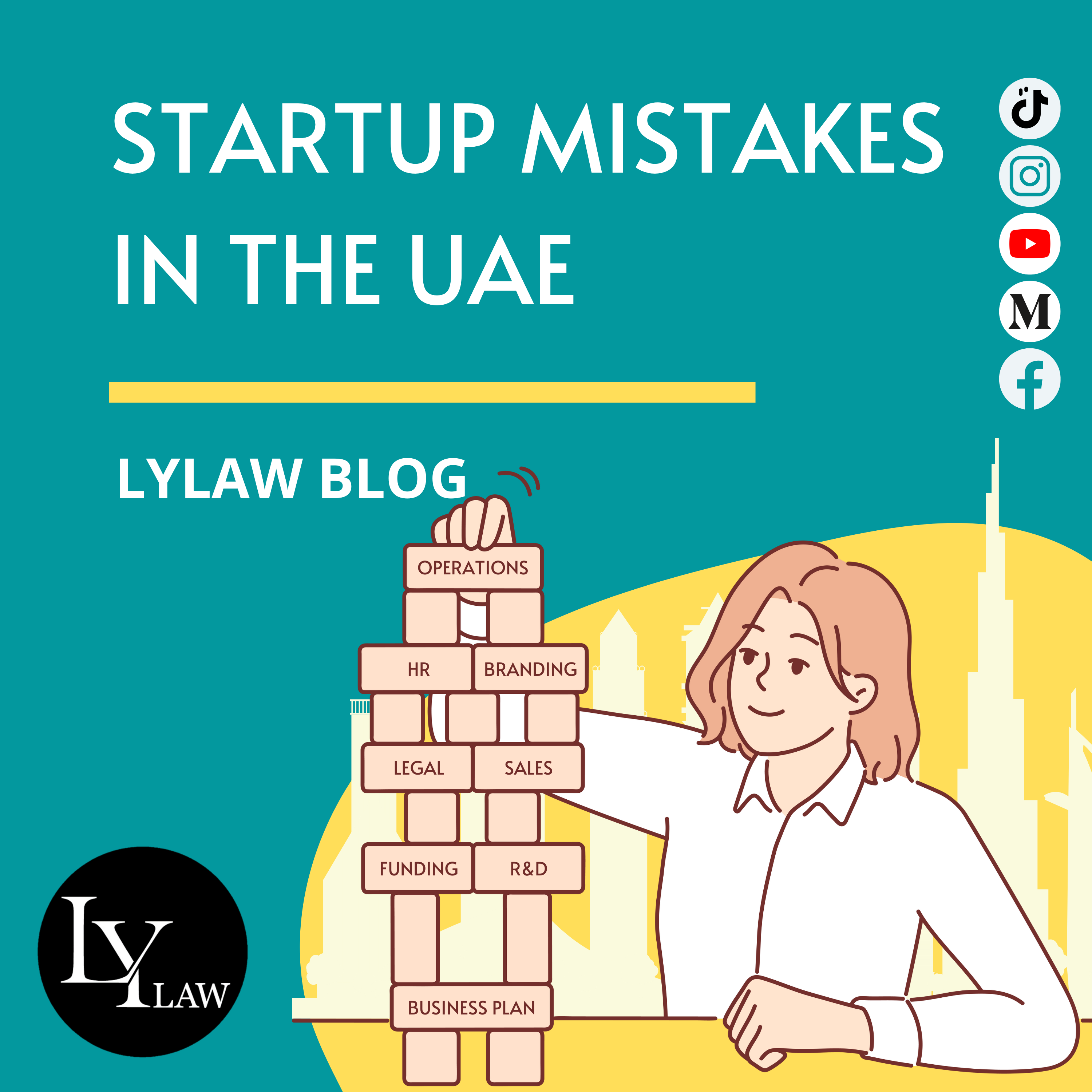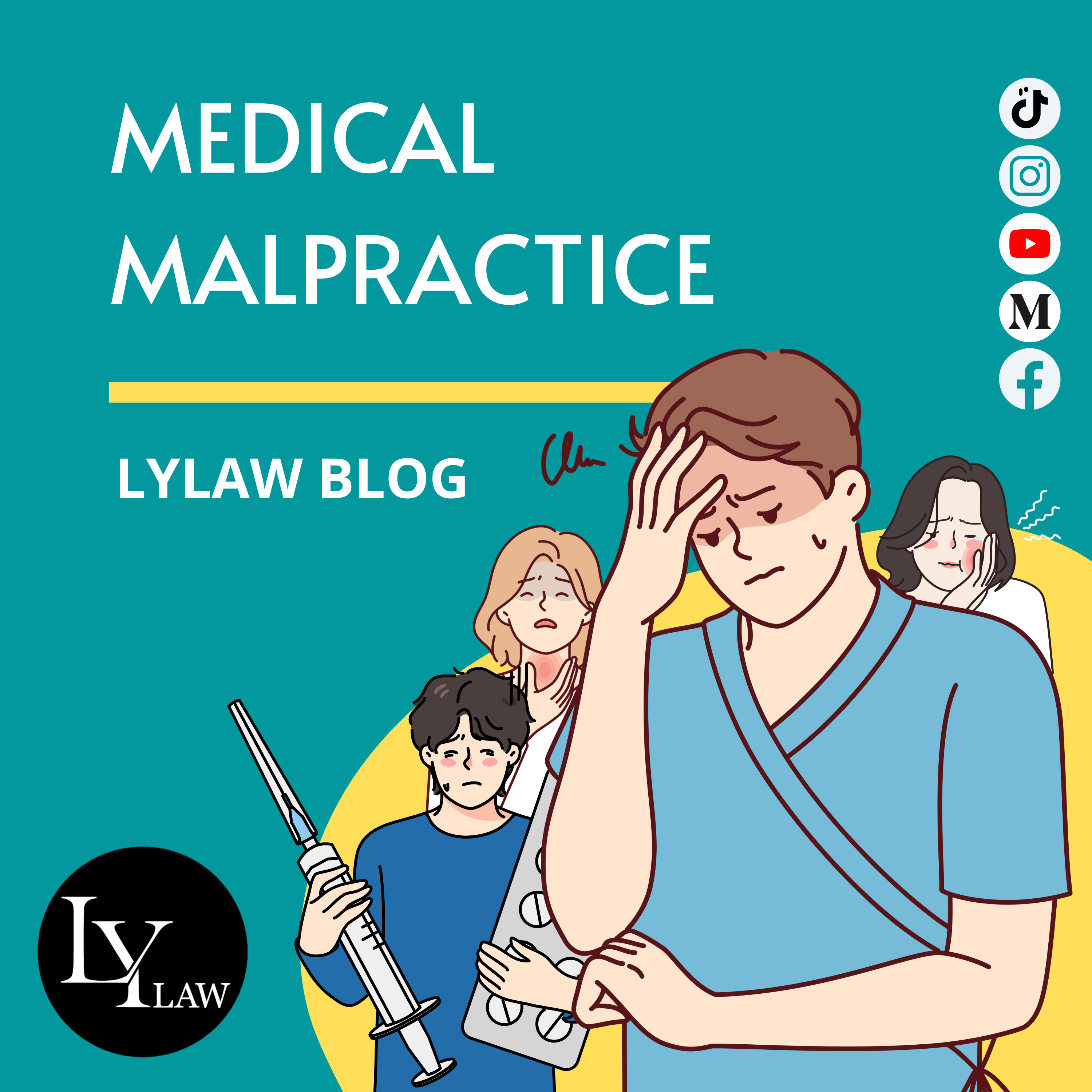The UAE has introduced significant changes to its Personal Status Law with the enactment of Personal Status Law No. 41 of 2024 (“New Law”), which comes into effect on April 15, 2025. The New Law replaces the UAE’s previous Personal Status Law No. 28 of 2005 (“Old Law”).
With regards to divorce and separation, the New Law provides greater clarity, equity, and codification of divorce-related provisions, which were either previously undefined or inconsistently applied. This bog focuses, specifically, on Section 4 of the New Law, detailing the various forms of separation, the rights of spouses, and the procedural changes, alongside a comparative analysis of the Old Law.
Forms of Separation Between Spouses
The New Law categorizes the dissolution of marriage into five (5) distinct forms:
- Talaq: default right granted to the husband; conditional right to the wife. Similar to the Old Law.
- Tatleeq: court-ordered divorce, which is a brand new provision codified in the New Law.
- Khul’aa: wife-initiated divorce, without the need to prove harm, however forfeiting of multiple financial rights
- Termination of the marriage contract
- Death of one spouse
Talaq (Guaranteed right to divorce for the husband)
Under both the Old and New Laws, Talaq is the husband’s guaranteed right to initiate the divorce, and the wife’s conditioned right to divorce via requesting a “Talaq”. Specifically, whereas the Old Law provided clarity on the husband’s right to request Talaq, it did not provide the same clarity for the wife’s right – despite conditioning it. Under the New Law, however, there is further detail and clarity with regards to Talaq.
Overall, the differences between a Talaq under the Old Law and Under the New Law begin at the outset, in the general definition of Talaq, as per the below articles.
- Old Law (Article 99): Defined divorce as the dissolution of marriage by clear or explicit expressions.
- New Law (Article 53): Expanded the definition to include demands that imply divorce, provided that the husband’s intent is clear.
Additionally, the New Law mandates that the husband document the divorce within 15 days before the court. Failure to do so may result in financial compensation to the wife, equivalent to a pro-rated alimony amount, for the period between the divorce and its official registration (Article 58).
Delegation of Talaq
The possibility to delegate proceedings for Talaq has been expanded under the New Law.
The Old Law gave the husband an exclusive right to delegate proceedings for “Talaq”; the delegation could be given by the husband to a representative, or the wife.
The New Law, however, explicitly recognizes the wife’s right to delegate “Talaq” proceedings as well. Furthermore, the New Law sets limitations to divorce proceedings initiated by power of attorney (“POA”) holders. The relevant articles from the Old Law and New Law are outlined below.
- Old Law (Article 100): Allowed the delegation of divorce authority by the husband.
- New Law (Article 55): Provides the wife with the explicit right to delegate it, but prohibits the husband from revoking the POA after the divorce is executed unless it can be proven that the POA was revoked prior to the divorce and the agent was aware of the revocation.
Tatleeq (Court-Ordered Divorce)
One of the most notable changes is the codification of Tatleeq, granting either spouse the right to petition the court for divorce under specific circumstances:
- Husband not spending on Wife (Article 77):
-
- If the husband fails to provide financial support, the court grants him 30 days to comply. Failure to do so results in divorce.
- If the husband claims insolvency, he is given 90 days to remedy his financial situation and support/spend on his wife. Continued failure to spend on or support the wife results in divorce.
- Drug or Alcohol Addiction (Article 80): Either spouse may request a court-ordered divorce if the other is addicted to drugs, alcohol, or mind-altering substances.
- Sexual Abstinence or Neglect:
-
- If the husband swears to not be intimate with his wife for more than four months or is not intimate with her for six months without valid reason, the wife may request a Court-ordered divorce (Article 78).
These provisions mark a departure from the Old Law, where fault-based divorce relied heavily on judicial discretion without specific guidelines.
Previously, there were no legally defined situations or codified standards as to what constitutes a fault on the basis of which a Court may grant divorce. Moreover, spouses had to prove the harm that they suffered as a result of the other spouse’s conduct, which often led to inconsistent rulings.
Khul’a (Wife-Initiated Divorce without Fault)
The New Law enhances the clarity and fairness of Khul’a, a divorce initiated by the wife in exchange for compensation:
- Old Law (Article 110): Allowed Khul’a through mutual consent, with compensation for the husband generally being the dowry.
- New Law (Article 65): Permits compensation to include any agreed-upon asset, ensuring greater flexibility for the wife.
The New Law also specifies that Khul’a results in irrevocable divorce, meaning that the husband can only remarry the wife under a new contract and with a new dowry, and prohibits any compensation that would waive the wife’s rights to child expenses or custody (Article 66).
Cases of Invalidity of Divorce
The New Law expands scenarios where divorce is deemed invalid:
- Old Law (Article 103): Addressed invalidity in limited cases, such as conditional divorces or those tied to oaths without clear intent.
- New Law (Article 56): Includes additional grounds, such as divorces declared during duress, extreme anger, or temporary mental incapacity, without proof of actual intent to divorce. It also invalidates divorces declared while the wife is in her divorce waiting period, or in an invalid marriage.
Fault-Based Divorce (also Tatleeq) (Article 71)
Both spouses have the right to request a fault-based divorce for ongoing marital problems that result in irreparable harm. If harm is not proven, the court may appoint arbiters to investigate and attempt reconciliation (Article 72). The arbiter’s report guides the court’s decision on compensation or separation (Article 74).
Termination of Marriage Contract
The termination of the marriage contract has been significantly expanded and codified under the New Law to address situations that were previously left to judicial discretion or undefined. Termination may occur under the following circumstances:
- Illness or Disability (Article 69): If one spouse has a harmful or repulsive illness, such as insanity or impotence, the other spouse may petition the court for termination.
- Non-Payment of Dowry (Article 76): If the husband fails to pay the agreed-upon dowry within 30 days of the court’s deadline, the wife may seek termination.
- Dissolution Before Consummation (Article 75): A wife may request termination without proving harm if the marriage has not been consummated, provided she returns the dowry.
Key Distinctions between the New Law and the Old Law
Under the Old Law, generally, reasons and faults resulting in the termination of a marriage contract were not well-defined and were overall left to judicial interpretation and discretion.
The New Law codifies these grounds explicitly, providing clarity and reducing the burden of proof on spouses seeking termination. These changes align with general Islamic principles, emphasizing fairness and the protection of both spouses’ rights within marriage.
Notable improvements and enhancements in the New Law
The amendments to the UAE Personal Status Law represent a notable evolution in the legal framework for divorce and separation:
- Clearer Codification: The New Law codifies provisions that were previously reliant on judicial precedent, providing greater consistency and predictability.
- Enhanced Protections: The law explicitly recognizes women’s rights in marriage, including financial entitlements and the acknowledgment of sexual and emotional well-being.
- Expanded Grounds for Divorce: By broadening the circumstances under which either spouse can petition for divorce or termination, the law ensures a more equitable approach to marital disputes.
- Procedural Improvements: Mandatory documentation of divorce and reconciliation reduces ambiguity and protects the rights of both parties.
Conclusion
The New Law’s comprehensive updates to divorce and separation provisions mark a progressive step forward for personal status legislation in the UAE. By addressing ambiguities in the Old Law and expanding the rights of both spouses, the New Law provides a more balanced and transparent legal framework.
These changes not only reflect evolving societal values but also enhance the protection of individual rights within the institution of marriage.
For detailed legal guidance on navigating divorce or other personal status matters under the new UAE laws, our team at LYLaw is here to assist. Contact us for expert advice tailored to your specific situation.










